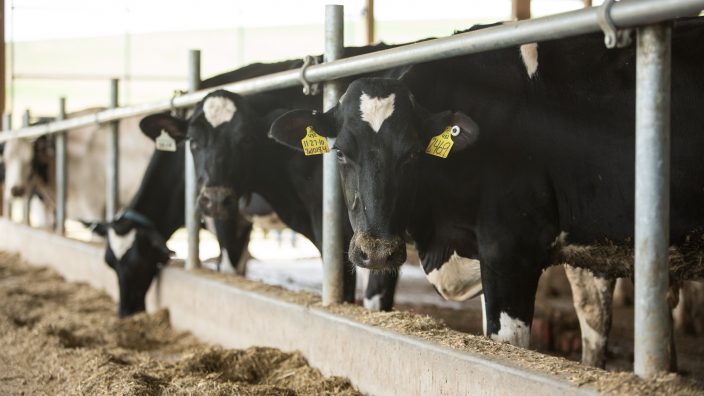Applications for Ohio Farm Bureau Health Plans now available
Members have three ways to apply: contacting a certified agent, calling 833-468-4280 or visiting ohiofarmbureauhealthplans.org.
Read MoreA report from the Environmental Working Group has generated some ill-informed newspaper editorials that call for a crackdown on livestock farmers. It also serves to demonstrate the challenge of getting agriculture’s views in front of the public.
The report is headlined “Manure from unregulated factory farms fuels Lake Erie’s toxic algae blooms.” EWG calls for all Ohio livestock farms to be required to obtain permits to operate.
EWG is a well-established, Washington, D.C activist organization funded by the legacy fortunes of Ted Turner, Walmart, Hewlett-Packard and others. They are experts at creating controversies the media deem newsworthy.
News reporters, trained and expected to post stories immediately, review the report then often call Farm Bureau for reaction to the accusations and conclusions. While EWG has spent months selecting and massaging data to shape its story and fine-tune its talking points, agriculture is asked to provide counter arguments within hours, sometimes minutes. The result can be news stories that are unbalanced or incomplete. The situation is worsened because editorial boards often rely on what their news desks publish. They form and write opinions without the benefit of all the facts.
Following the initial round of news and opinion on the EWG report, Farm Bureau reached out to two leading editorial boards to invite them to the Blanchard River Demonstration Farms where they could learn for themselves the complex challenges and solutions to protecting water quality. One editor lamented that they didn’t have time. Another simply didn’t return our call.
Here are a few things the editorial writers and the public should know about EWG’s misleading conclusions:
Existing does not equal guilt
EWG’s premise is because there are more livestock buildings, there’s more manure pollution. The deception is that counting buildings does not account for effective management plans that result in safe application.
Unpermitted does not equal unregulated
EWG gives the impression that without a Concentrated Animal Feeding Facility permit, farmers are free to carelessly dispose of manure without regard to the environment. In reality, no farm is allowed to pollute. All are subject to Ohio’s pollution abatement law and other regulations that dictate nutrient application.
Only permits assure safety
EWG argues that Concentrated Animal Feeding Facility standards are the only way to ensure safe manure management practices. To the contrary, many farmers operate under requirements that meet or exceed state permits. Examples include NRCS, integrators, commodity buyers, industry groups and lenders.
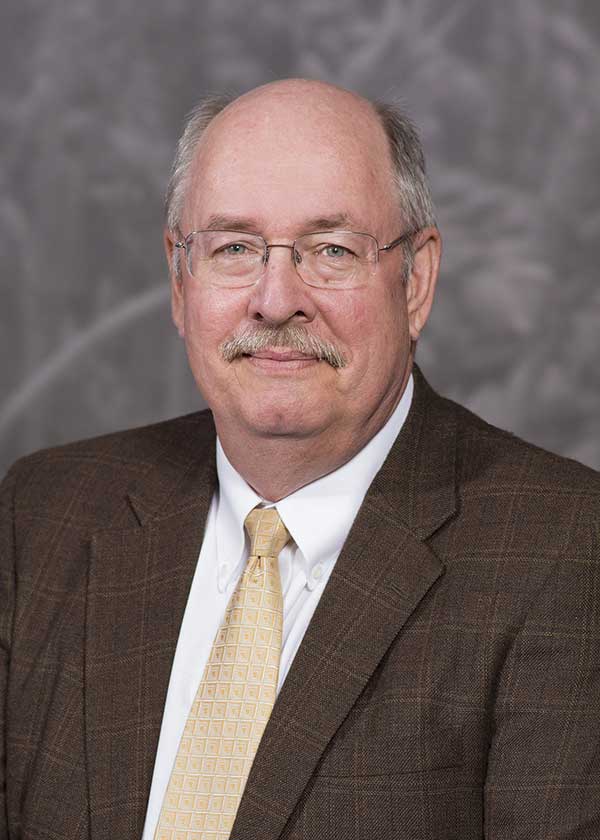 Despite our challenges with editorial boards, Farm Bureau will continue sharing agriculture’s tremendous story. As we’ve done with the dozens of media who’ve visited the demo farms, we’ll continue to host news reporters who share stories about agriculture’s good work. We’ll go to the editorial boards and correct common misperceptions.
Despite our challenges with editorial boards, Farm Bureau will continue sharing agriculture’s tremendous story. As we’ve done with the dozens of media who’ve visited the demo farms, we’ll continue to host news reporters who share stories about agriculture’s good work. We’ll go to the editorial boards and correct common misperceptions.
Farmers are stepping up to protect water quality, and Farm Bureau will make sure the media and the public sees that.
Joe Cornely is senior director of corporate communications for Ohio Farm Bureau.


Members have three ways to apply: contacting a certified agent, calling 833-468-4280 or visiting ohiofarmbureauhealthplans.org.
Read More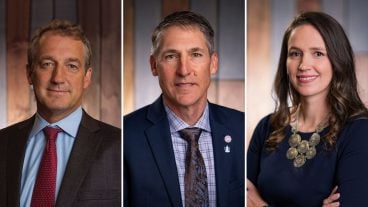
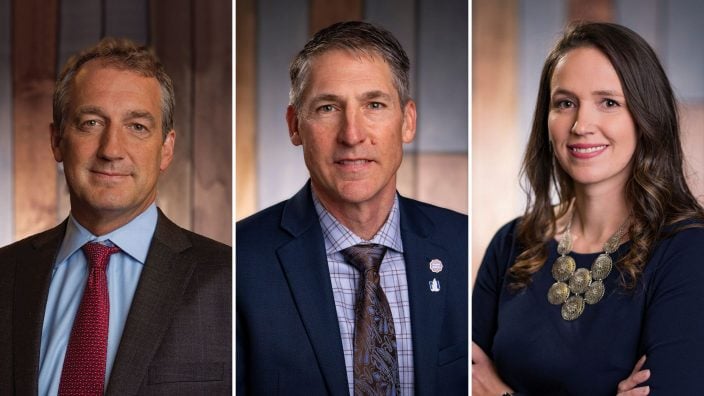
Bill Patterson, Cy Prettyman and Adele Flynn will continue to serve as officers for Ohio Farm Bureau Federation.
Read More

Delegates discussed many topics impacting agriculture including farmland preservation, local foods, and succession planning.
Read More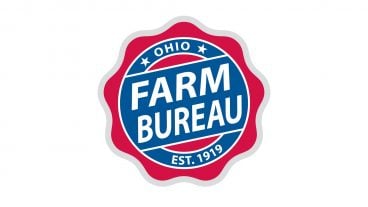
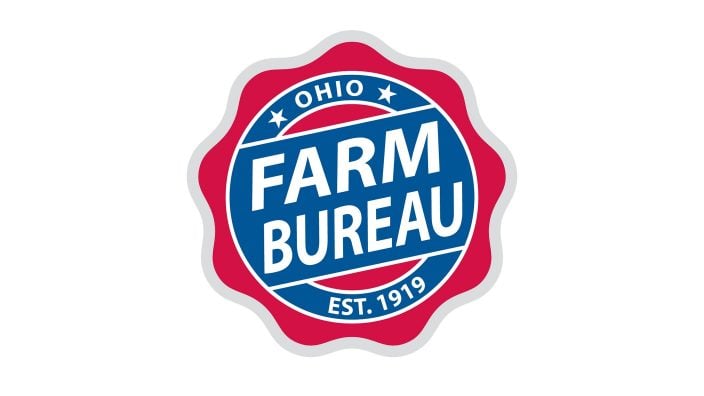
Twenty-six farmers govern the state’s largest farm and food organization.
Read More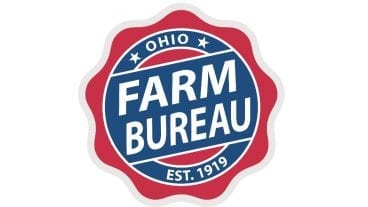
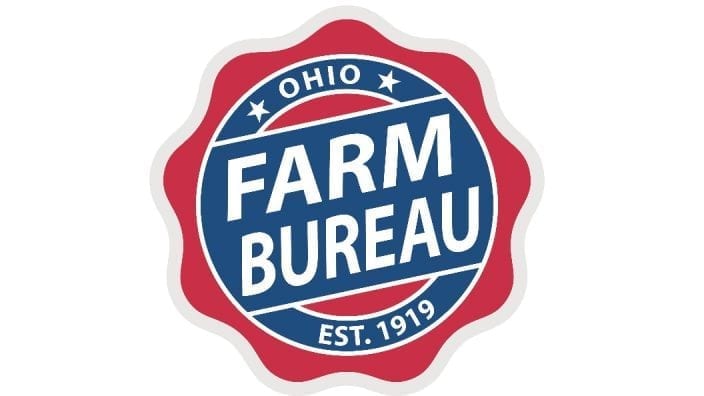
The 2025 recipients are Fred Cooke (posthumous) of Richland County, Marvin Dietsch of Williams County, Steven Knollman of Hamilton County and Michele Miller (posthumous) of Ottawa County.
Read More
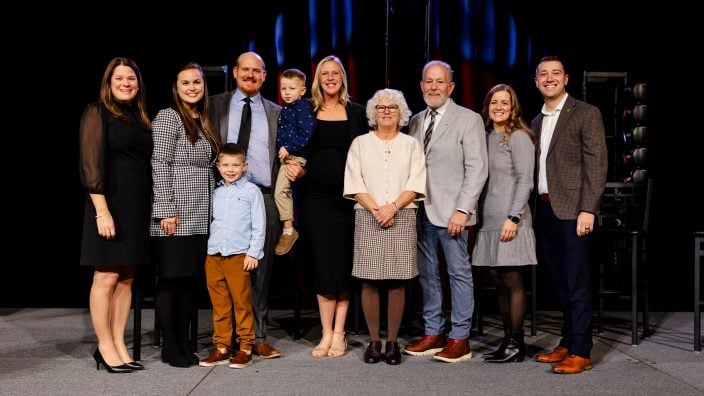
Nathan and Jill Parriman grow seasonal crops, including Christmas trees, pumpkins and cut flowers, providing U-cut experiences that invite customers to engage directly with agriculture.
Read More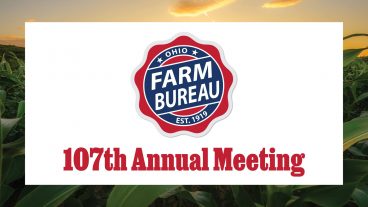
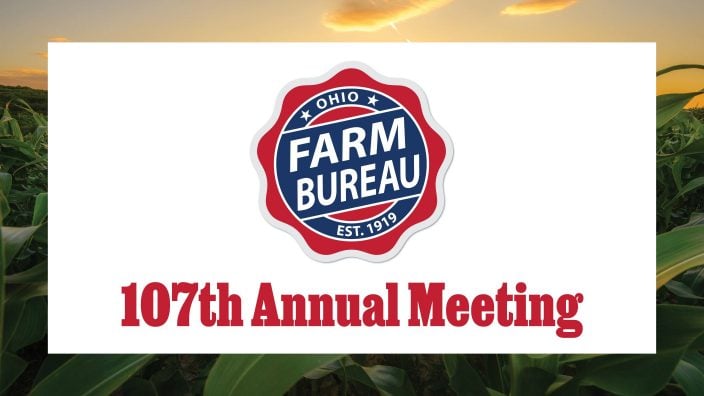
The 2025 Distinguished Service Award recipients are Craig Adams, Mike Townsley, and Kellogg Farms, Kurt Farms and Stateler Family Farms.
Read More

Ohio Farm Bureau Treasurer Adele Flynn participated in the meeting, representing Ohio farmers.
Read More

For Ohio and PJM region, the outlook is reassuring—ample reserves and strong planning should keep the power on.
Read More

The average price for a classic holiday feast for 10 in Ohio will cost $55.87.
Read More